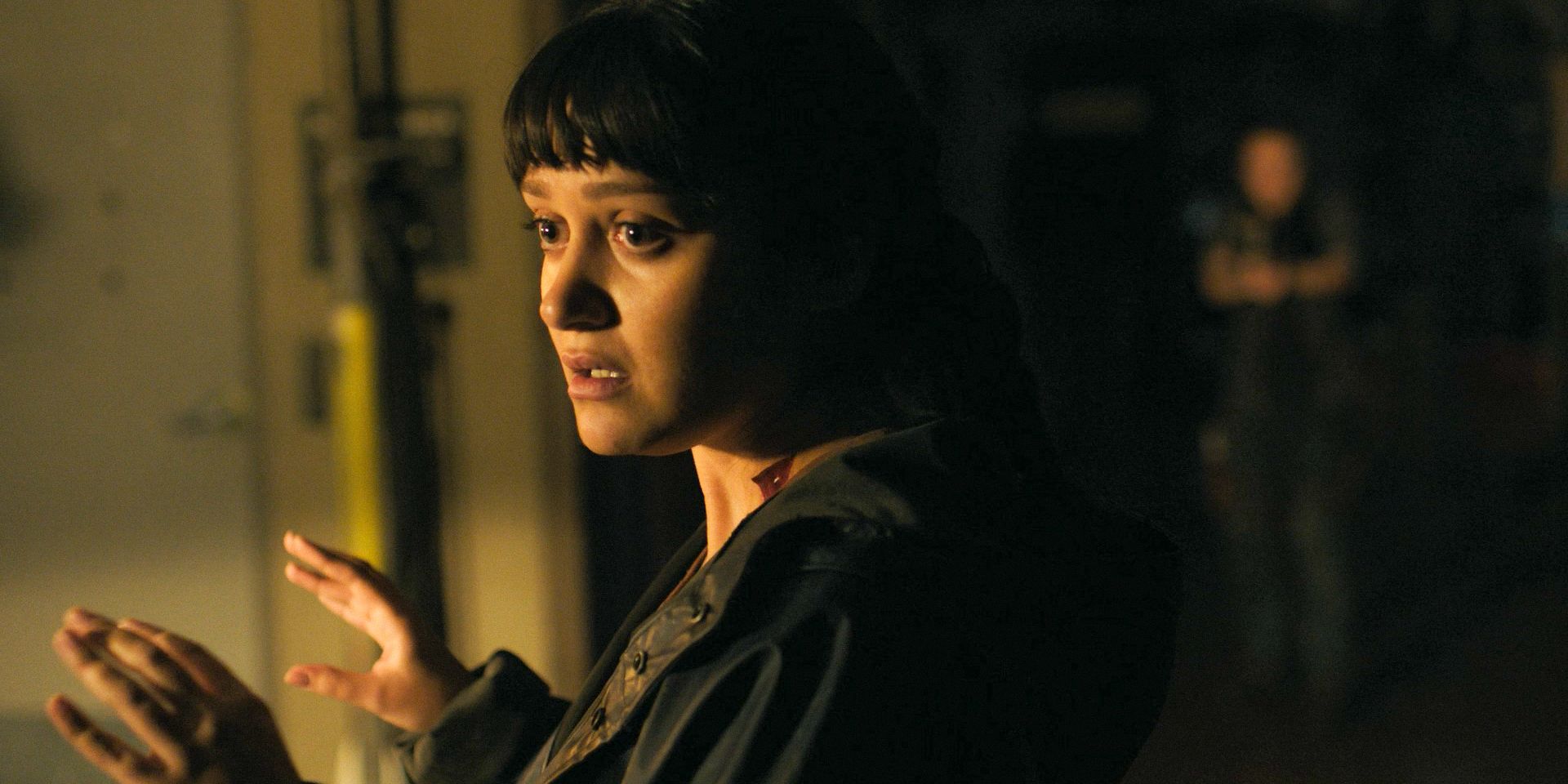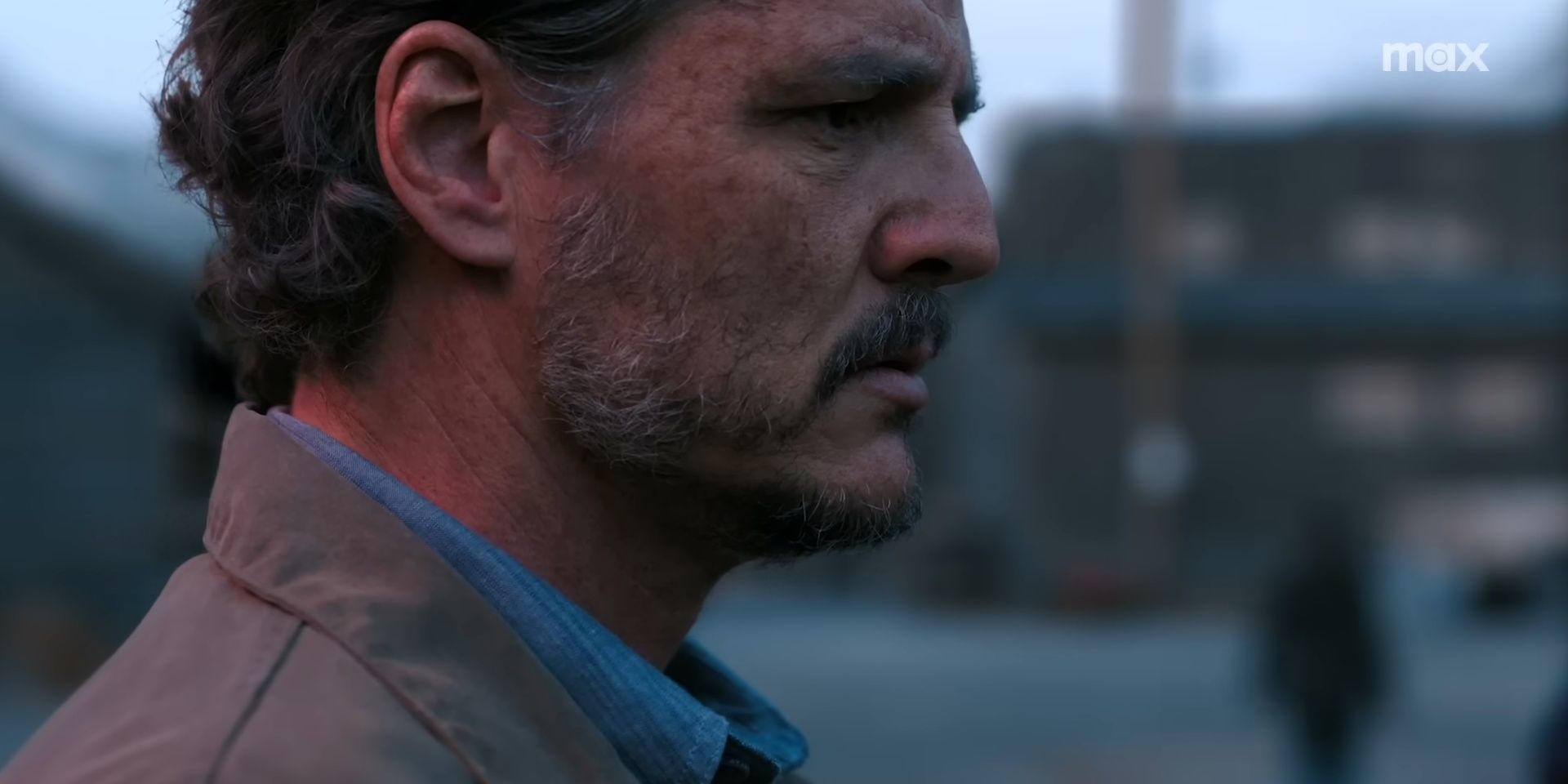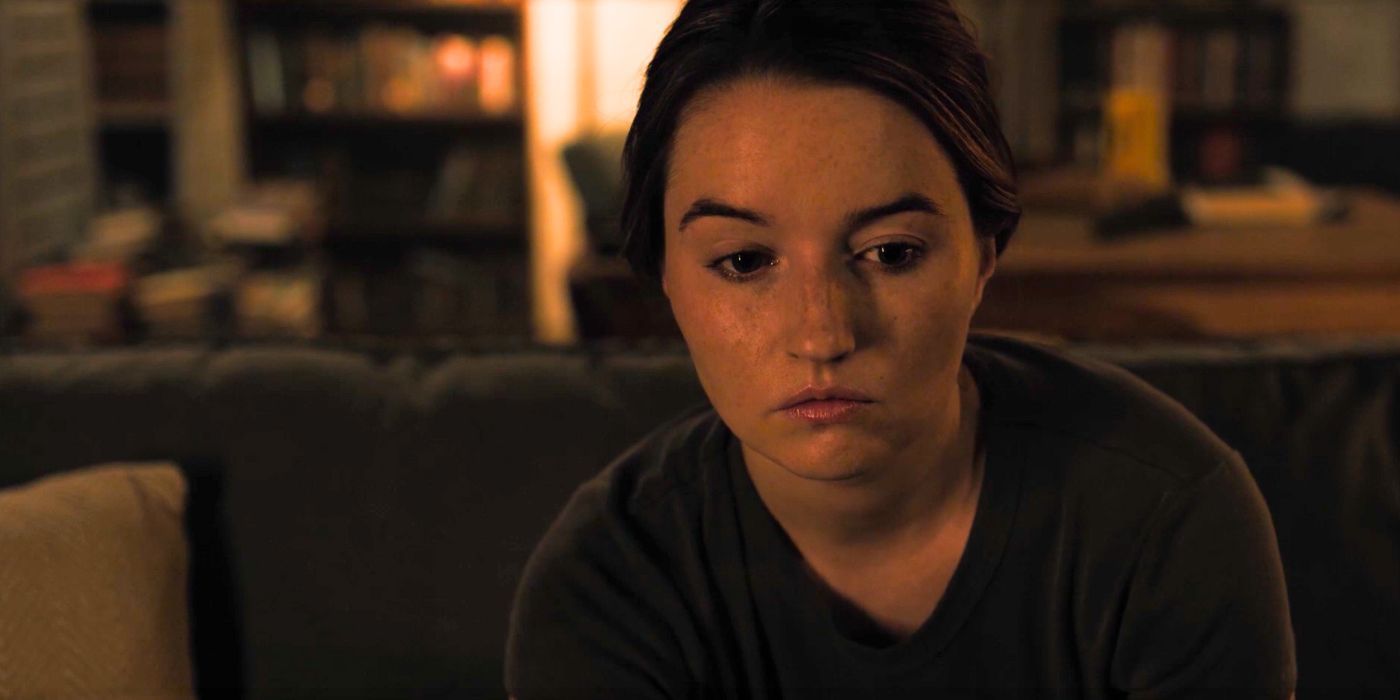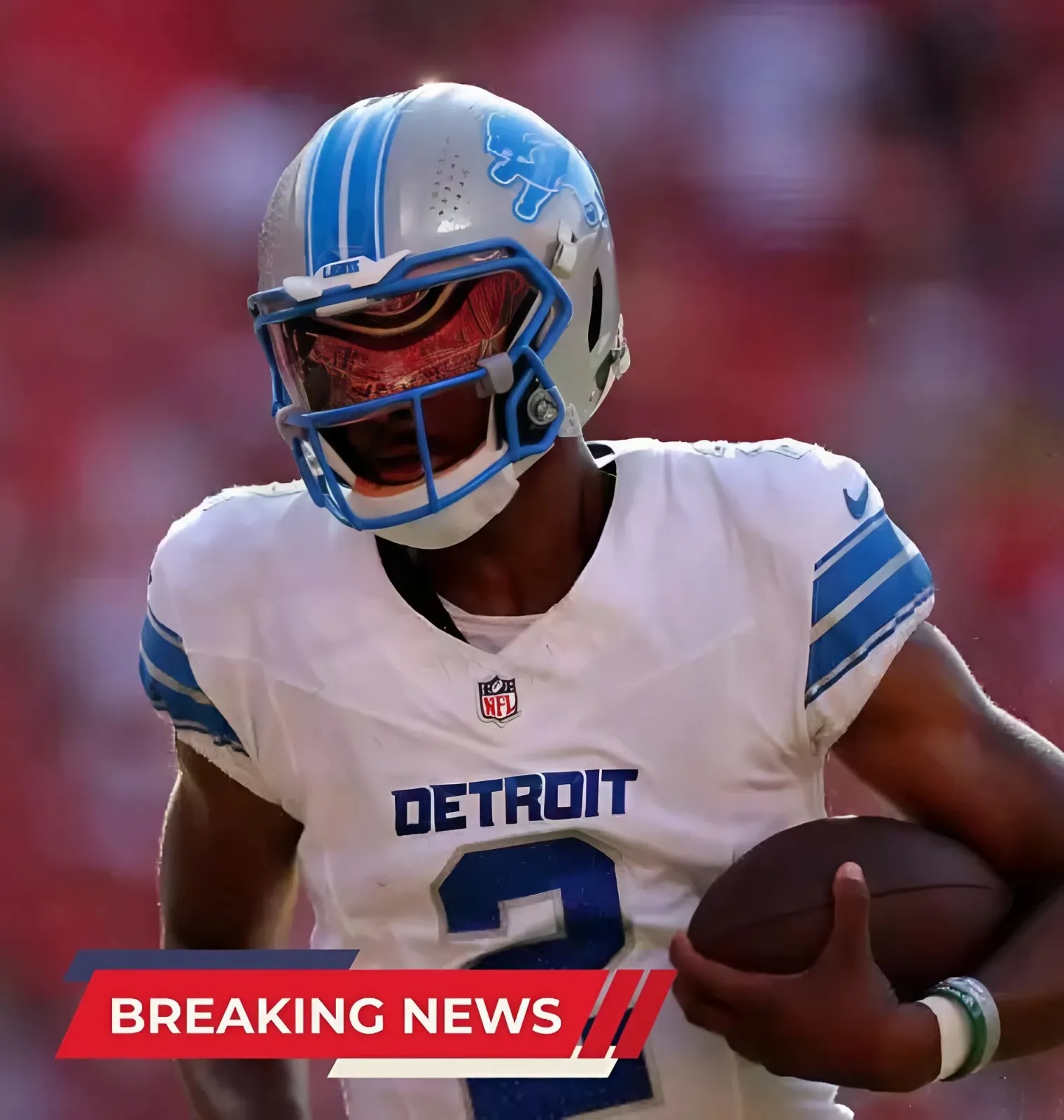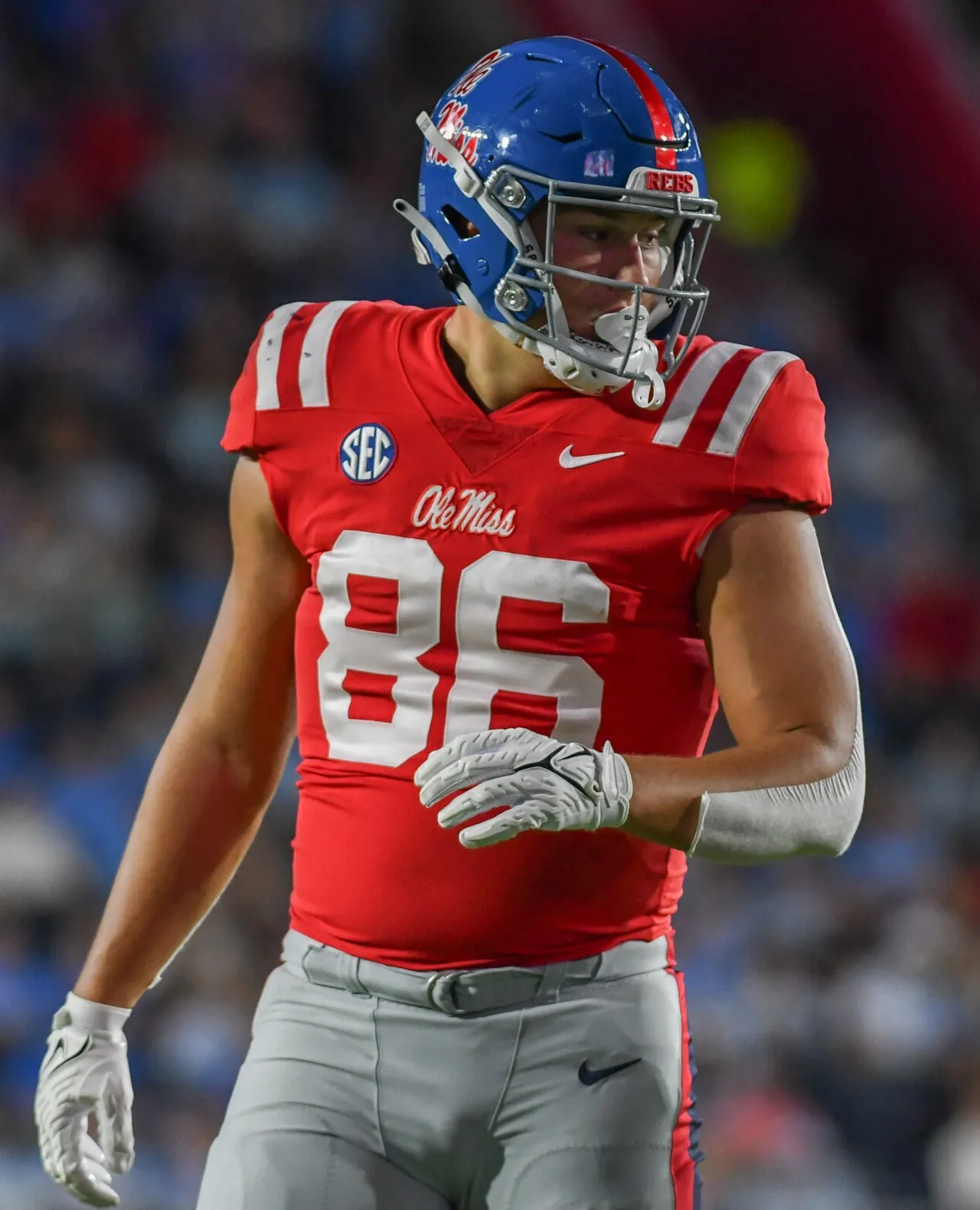Reactions to The Last of Us season 2's ending are completely split on social media platforms, with such a vast array of perspectives that it can be difficult to pin down people's feelings. The episode currently holds a 6.6/10 score on IMDb, a dramatic drop-off compared to season 1's 9/10 finale. This continues a season-wide struggle, as season 2 has a 39% Rotten Tomatoes score from audiences. There are several topics of debate to explore, from video game changes to the legacy of The Last of Us Part II.
The Last Of Us Season 2's Cliffhanger Ending Is Divisive
Viewers Will Have To Wait Years To See What Happened
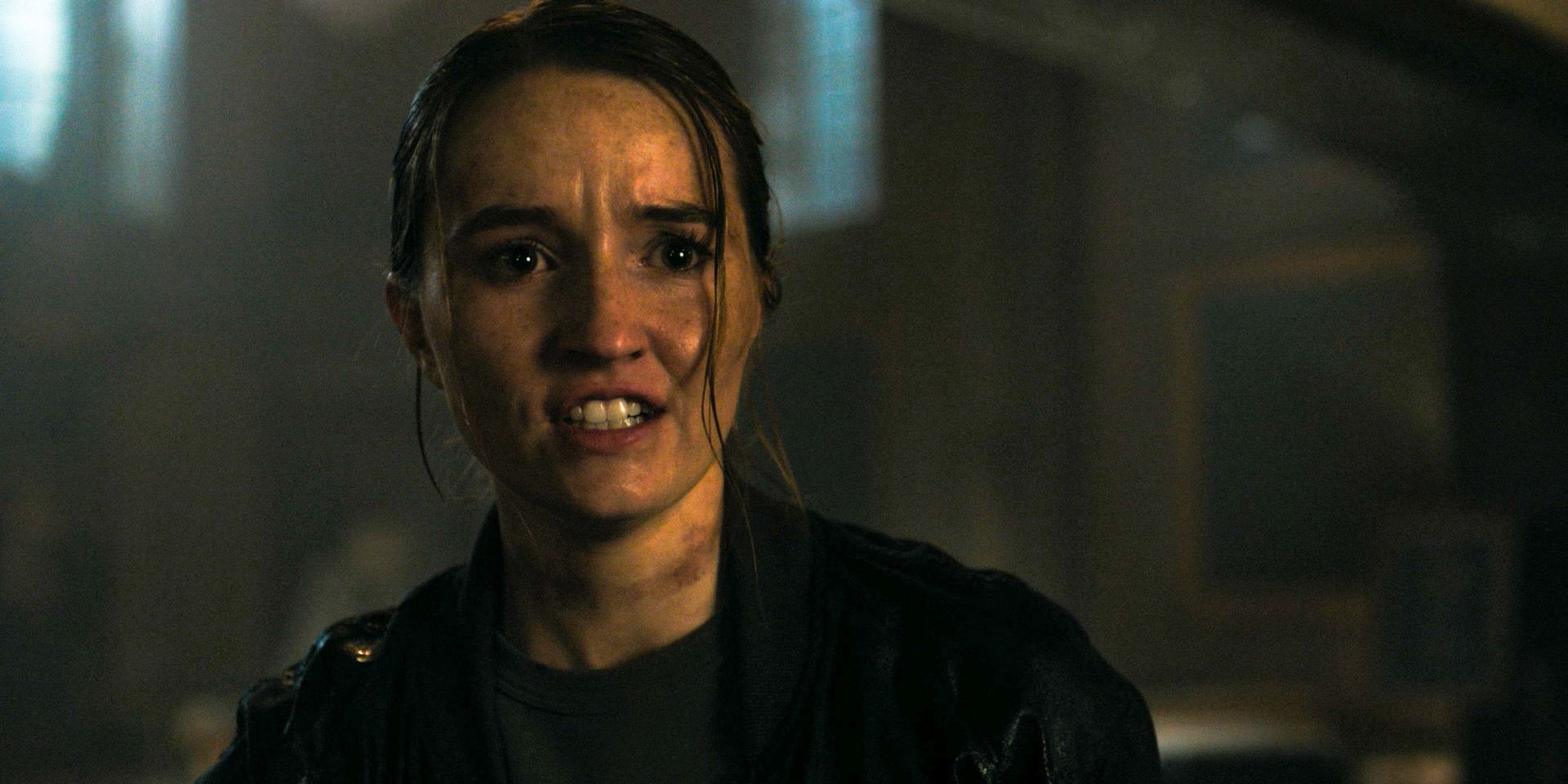
Given what we know about The Last of Us season 3, the decision to end season 2 on a cliffhanger wasn't a massive surprise to anyone who's played the games. The confrontation between Abby and Ellie is a major breaking point for the video game's story, and it has a similarly jarring effect, keeping the audience waiting to discover Ellie's fate at a later time. However, the difference between the show and the games is that, while a gamer can continue progressing instantly, TV fans must now wait roughly two years to learn what happens.
Great TV shows like Lost have ended seasons on cliffhangers before, but it was one thing to do this when the turnaround for a new season was only a few months. When audiences are expected to wait around two years between seasons, the frustration grows with an ending like this. Since season 2's ending indicates that we'll be watching season 3 from Abby's perspective before making it back to this moment, it will not only be the time waiting between seasons, but potentially several episodes before TV fans can discover what happened to Ellie.
The Last Of Us' Season 2 Finale Made Divisive Changes To The Game
The Constant Game Story Changes Are Frustrating To Audiences
As with practically every episode of The Last of Us, the season 2 finale took its creative liberties, with changes made to the story audiences are familiar with from the games. Adaptation has to have a degree of difference for it to be enjoyable and worthwhile as its own project, but fans are always going to pick apart which version they prefer, scene by scene. A moment that really threw game players off was Ellie revealing her and Joel's secret about the Fireflies to Dina, which doesn't happen in the game.
With every source material change comes the question of "why?" Dina already experiences hardships in the game due to her pregnancy and the leg injury, so having an additional emotional divide between her and Ellie seems unnecessary to some viewers. Another change was the choice to have Ellie get caught and hanged from a rope when she ventured over to the Seraphite island, a moment that belongs to Abby in the games.
The Last Of Us Season 2 Was Always Likely To Be Divisive
The Last Of Us Part II Is A Divisive Video Game
Anyone who's familiar with the games knows that The Last of Us Part II was incredibly divisive upon its release. While some fans praised the game for its daring exploration of characters and themes, others struggled to cope with the death of a beloved protagonist, distraught by Joel's fate. To bring divisive source material to the screen, especially when making changes and adjustments as they see fit, is bound to cause a stir from both players who loved and hated the game.
TV shows, especially famous HBO series like Game of Thrones, have successfully pulled off the death of a main character. However, when someone died on Game of Thrones, there were several other prominent characters to take their place. The Last of Us has a much smaller cast, and that put enormous pressure on Bella Ramsey to take over. Regardless of how one feels about their performance as Ellie, the more important aspect to consider is that Pedro Pascal leaves behind an enormous void.
How The Last Of Us Season 2 Complaints Compare To The Game Backlash
Criticism About Joel's Death Is Consistent In Both Cases
There was a massive backlash to the video game, and now there's intense backlash to the TV show for altering the story of the game.
In both cases, there are rather tasteless critiques regarding Abby, Ellie, and the actors that play them, but those aren't worth giving the time of day. Beyond those, one of the fascinating components is how much of the viewer base appears to be fretting over the changes from the game to the show. There was a massive backlash to the video game, and now there's intense backlash to the TV show for altering the story of the game.
With all of this in mind, the primary issues audiences are having with season 2 are the shift in protagonist and the changes made from the video game to the TV adaptation. This season was always going to be a steep hill to climb, but the verdict seems to be that the absence of Joel is always going to be detrimental to at least part of The Last of Us audience, even with compelling creative choices made to accommodate his absence.
